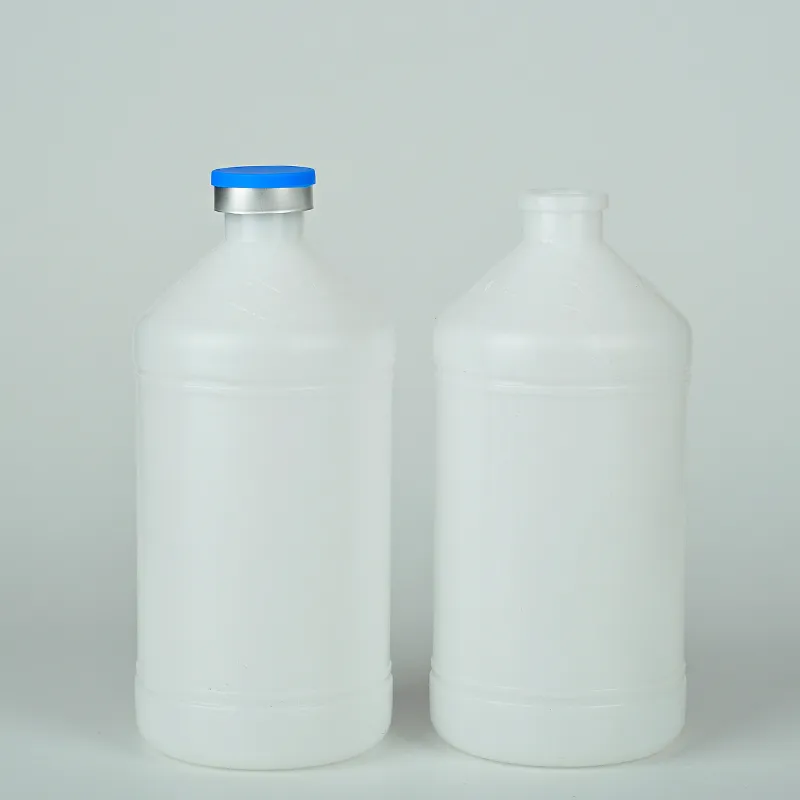
-
 Afrikaans
Afrikaans -
 Albanian
Albanian -
 Amharic
Amharic -
 Arabic
Arabic -
 Armenian
Armenian -
 Azerbaijani
Azerbaijani -
 Basque
Basque -
 Belarusian
Belarusian -
 Bengali
Bengali -
 Bosnian
Bosnian -
 Bulgarian
Bulgarian -
 Catalan
Catalan -
 Cebuano
Cebuano -
 Corsican
Corsican -
 Croatian
Croatian -
 Czech
Czech -
 Danish
Danish -
 Dutch
Dutch -
 English
English -
 Esperanto
Esperanto -
 Estonian
Estonian -
 Finnish
Finnish -
 French
French -
 Frisian
Frisian -
 Galician
Galician -
 Georgian
Georgian -
 German
German -
 Greek
Greek -
 Gujarati
Gujarati -
 Haitian Creole
Haitian Creole -
 hausa
hausa -
 hawaiian
hawaiian -
 Hebrew
Hebrew -
 Hindi
Hindi -
 Miao
Miao -
 Hungarian
Hungarian -
 Icelandic
Icelandic -
 igbo
igbo -
 Indonesian
Indonesian -
 irish
irish -
 Italian
Italian -
 Japanese
Japanese -
 Javanese
Javanese -
 Kannada
Kannada -
 kazakh
kazakh -
 Khmer
Khmer -
 Rwandese
Rwandese -
 Korean
Korean -
 Kurdish
Kurdish -
 Kyrgyz
Kyrgyz -
 Lao
Lao -
 Latin
Latin -
 Latvian
Latvian -
 Lithuanian
Lithuanian -
 Luxembourgish
Luxembourgish -
 Macedonian
Macedonian -
 Malgashi
Malgashi -
 Malay
Malay -
 Malayalam
Malayalam -
 Maltese
Maltese -
 Maori
Maori -
 Marathi
Marathi -
 Mongolian
Mongolian -
 Myanmar
Myanmar -
 Nepali
Nepali -
 Norwegian
Norwegian -
 Norwegian
Norwegian -
 Occitan
Occitan -
 Pashto
Pashto -
 Persian
Persian -
 Polish
Polish -
 Portuguese
Portuguese -
 Punjabi
Punjabi -
 Romanian
Romanian -
 Russian
Russian -
 Samoan
Samoan -
 Scottish Gaelic
Scottish Gaelic -
 Serbian
Serbian -
 Sesotho
Sesotho -
 Shona
Shona -
 Sindhi
Sindhi -
 Sinhala
Sinhala -
 Slovak
Slovak -
 Slovenian
Slovenian -
 Somali
Somali -
 Spanish
Spanish -
 Sundanese
Sundanese -
 Swahili
Swahili -
 Swedish
Swedish -
 Tagalog
Tagalog -
 Tajik
Tajik -
 Tamil
Tamil -
 Tatar
Tatar -
 Telugu
Telugu -
 Thai
Thai -
 Turkish
Turkish -
 Turkmen
Turkmen -
 Ukrainian
Ukrainian -
 Urdu
Urdu -
 Uighur
Uighur -
 Uzbek
Uzbek -
 Vietnamese
Vietnamese -
 Welsh
Welsh -
 Bantu
Bantu -
 Yiddish
Yiddish -
 Yoruba
Yoruba -
 Zulu
Zulu
Exploring the Benefits of Sterile Vials for Safe Medical Storage and Transport
Understanding Vial Sterility Ensuring Safety and Quality in Pharmaceutical Storage
In the pharmaceutical and biotechnology industries, the concept of sterility is of utmost importance, especially when it comes to the storage and handling of biological products. One specific category of interest is sterile vials, which are used to contain and preserve a wide range of medications, vaccines, and laboratory samples. Understanding what sterile vials are, their importance, usage, and the challenges associated with maintaining sterilization, serves as a foundational aspect of product safety and efficacy.
What Are Sterile Vials?
Sterile vials are glass or plastic containers specifically designed to store substances without introducing biological contaminants. These vials undergo rigorous sterilization processes, such as autoclaving, ethylene oxide gas treatment, or irradiation, to ensure that they are free from viable microorganisms. Once sterilized, vials are typically sealed in a controlled environment to maintain their sterility until use. Most sterile vials come with rubber stoppers and metal or plastic caps to provide airtight seals, preventing contamination from external sources.
Importance of Sterile Vials
The necessity for sterile vials cannot be overstated in the pharmaceutical sector. The main objective of using sterile containers is to ensure that the substances they hold remain uncontaminated, thus guaranteeing the safety and effectiveness of medications. For instance, vaccines need to maintain their potency without contamination, as even the slightest exposure to pathogens can compromise their efficacy. Similarly, injectable medications stored in sterile vials reduce the risk of infections when administered to patients, significantly enhancing patient safety.
Application Across Various Fields
Sterile vials are extensively used in various fields, including
1. Pharmaceutical Manufacturing Manufacturers rely on sterile vials for injectable drugs, biologics, and plasma-derived products. The high standards of sterility help assure hospitals and pharmacies that the products they dispense will not introduce infection risk.
vial sterile

2. Laboratory Research In research settings, sterile vials are crucial for storing biological samples, cultures, and reagents. The integrity of the research depends on the sterility of these materials, as contamination can lead to inconclusive results or erroneous data.
3. Vaccination Programs Vaccines are usually supplied in sterile vials to maintain their efficacy during transportation and storage. Organizations conducting immunization drives prioritize using these vials to ensure public health safety.
Challenges in Maintaining Sterility
Despite the rigorous sterilization protocols, maintaining the sterility of vials is not without its challenges. Numerous factors can affect sterility, including
- Environmental Conditions Sterile vials must be stored in clean, controlled environments to prevent contamination. Temperature, humidity, and exposure to light are all factors that need careful regulation.
- Handling Procedures Practices during handling, such as opening vials or transferring content, can introduce various pathogens. It is imperative that personnel adhere strictly to aseptic techniques to mitigate this risk.
- Expiration Dates Sterile vials typically come with an expiration date after which their sterility is not guaranteed. Organizations must ensure that they monitor and manage inventory diligently, discarding any outdated products appropriately.
Conclusion
In summary, sterile vials play a pivotal role in ensuring the safety and quality of pharmaceutical products, vaccines, and laboratory materials. Their design and functionality support the rigorous demands of the healthcare and research sectors. As we continue to advance in technology and practices, the commitment to maintaining the highest standards of sterility will remain crucial in safeguarding public health and ensuring the success of medical interventions. Understanding and respecting these principles not only enhances product integrity but is essential for inspiring trust in the healthcare system as a whole.
-
PTFE Centrifuge Tubes - Chemical Resistant, Leak-proof, Ideal for Laboratory UseNewsJul.05,2025
-
Premium Metal Dropper Bottle for Precise Dispensing 250ml & 1ml Options AvailableNewsJul.04,2025
-
20 ml Headspace Vials - High Quality Polyethylene & Plastic Vials for Lab UseNewsJul.04,2025
-
Small Bottle with Pipette - Precise Dispensing 100ml Pipette Bottles for Essential Oils & Lab UseNewsJun.24,2025
-
Acetic Anhydride Bottle for Accurate Dropper Measurement in Pharmacy Use High-Quality Dropper BottlesNewsJun.10,2025
-
Innovative PET Bottle Design for Juice – Unique Shapes & Customization OptionsNewsJun.10,2025






















